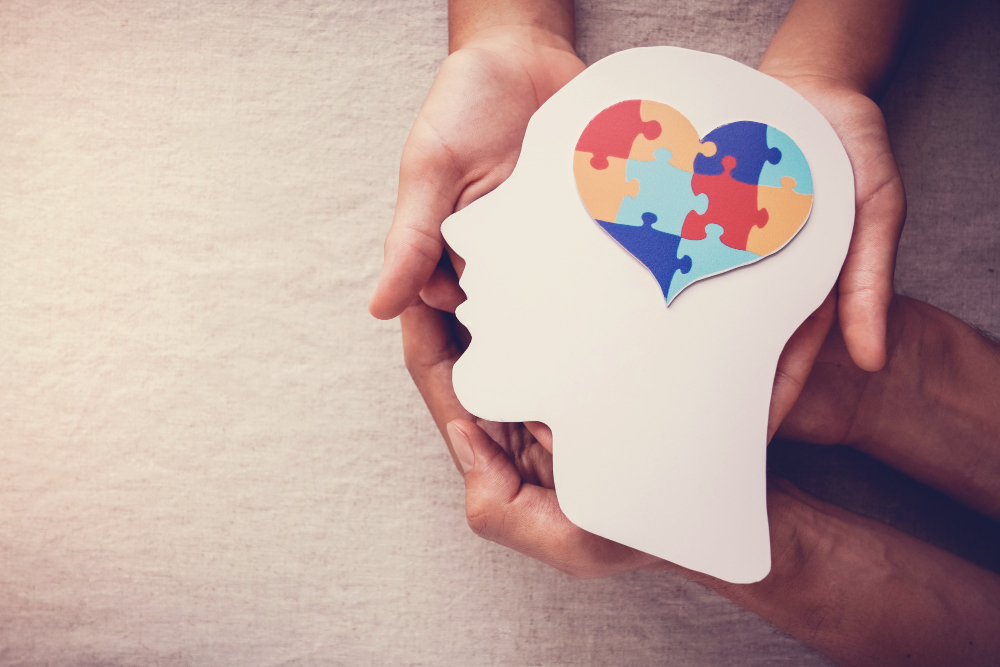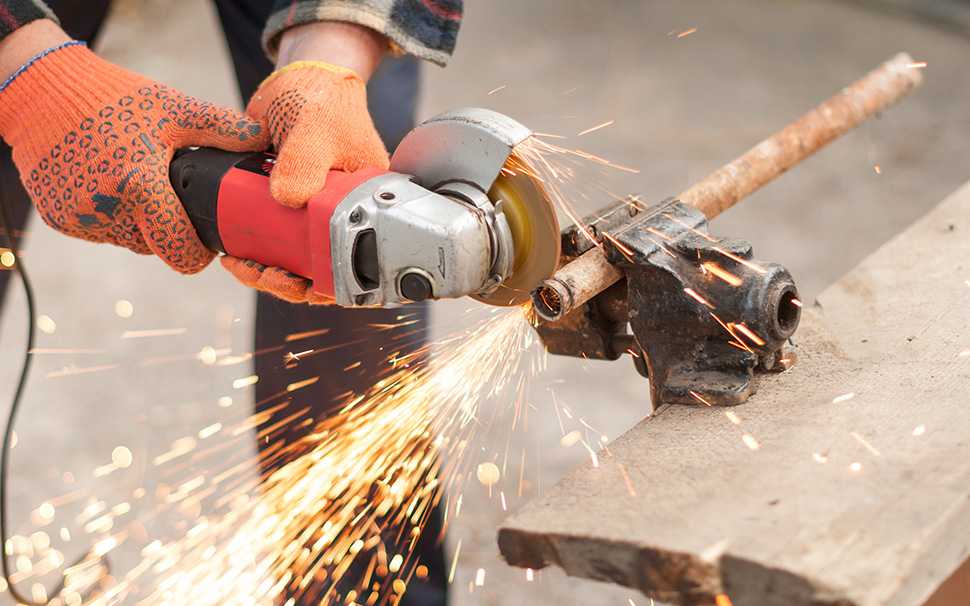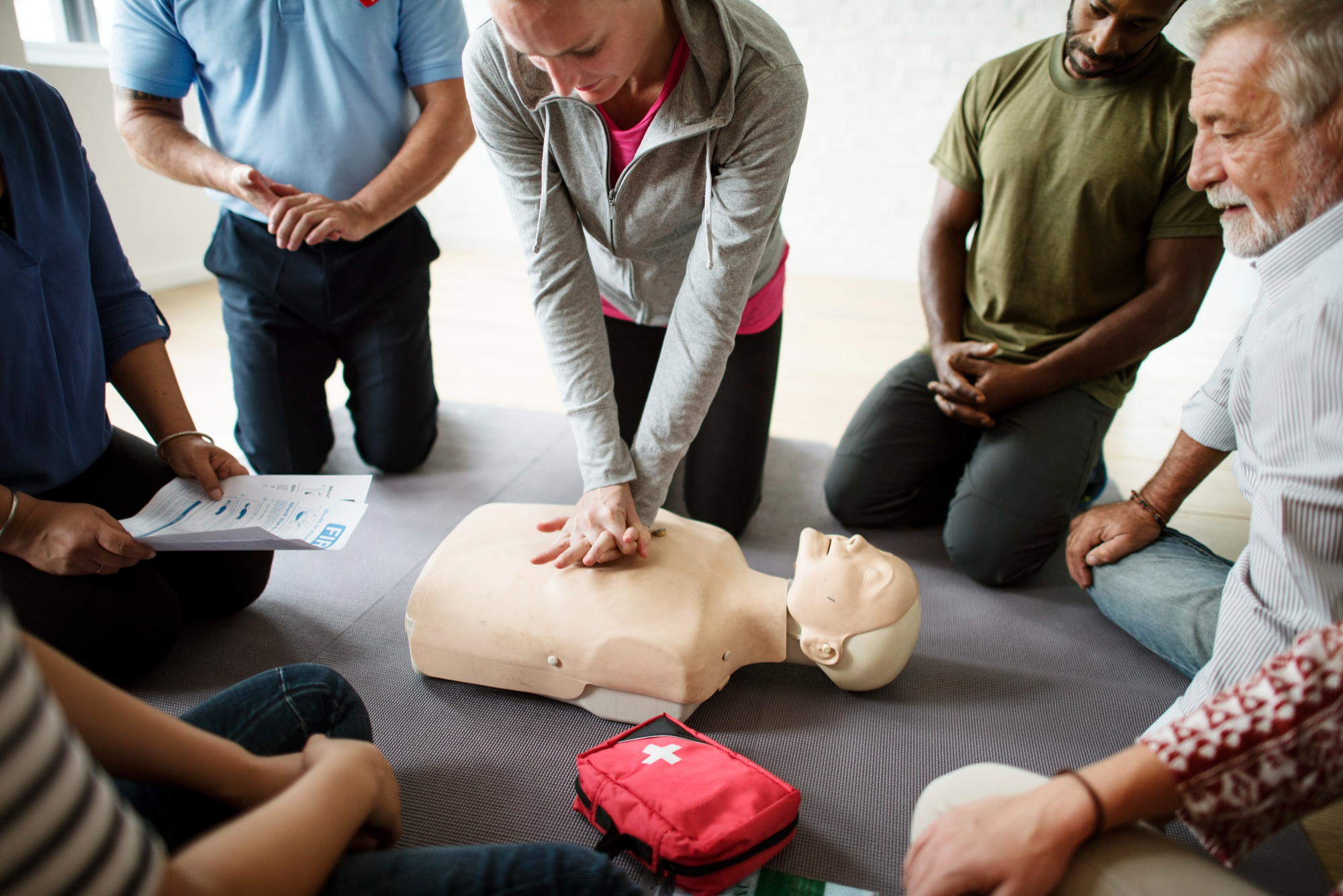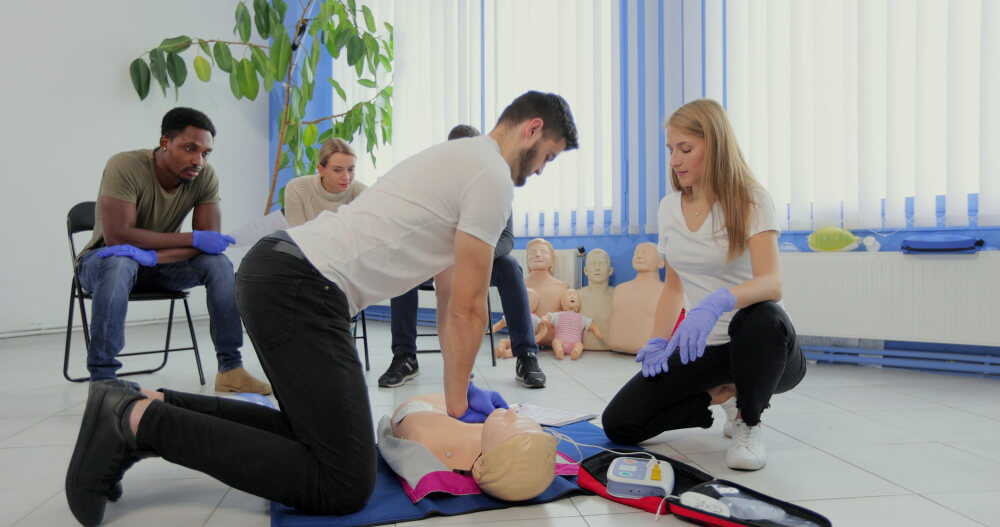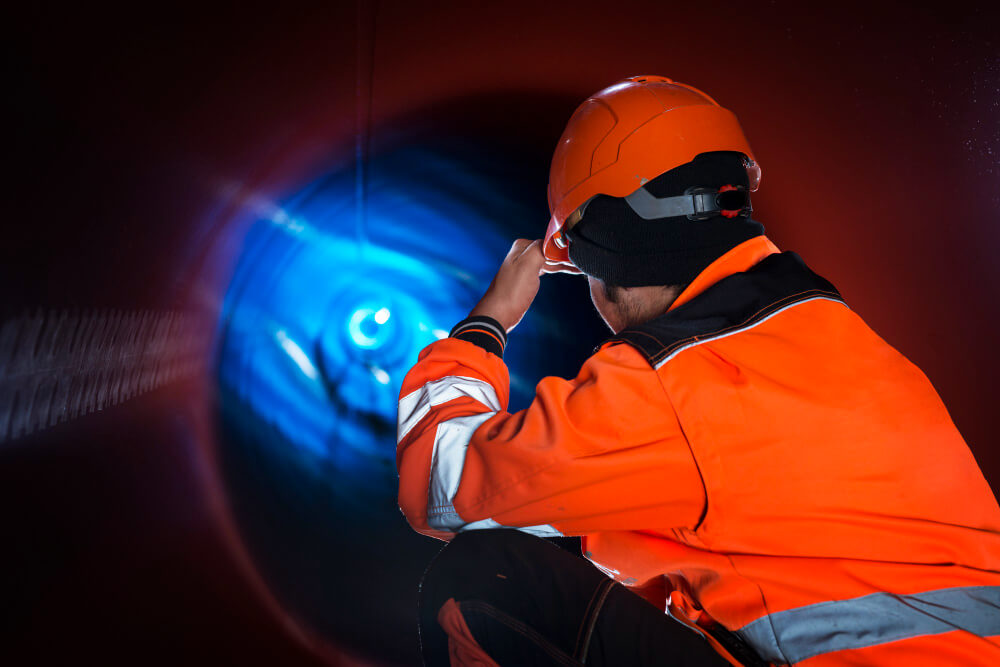According to the Chartered Institute of Building (COIB 2020), the topic of mental health in the Construction Industry is one that requires serious attention. In a survey of over 2000 construction professionals, 97% of respondents noted stress to be the most common mental health issue. According to the COIB (2020), stress can be found in many different forms, including:
- Physical stress – engaging in activity that puts undue stress on the body i.e., lack of sleep, lack of routine, excessive alcohol consumption
- Environmental stress – influences from the external environment that adds stress to an individual’s life i.e., work pressure, uncertainty of employment and social isolation
- Traumatic life events that can create stress i.e., bereavement, illness/accident
- Chronic stress – stress experienced over a prolonged period due to long lasting issues such as debt, prolonged drug and alcohol use, accommodation issues/homelessness.
Tight deadlines, large workloads and uncertainty regarding future work, compounded by a culture of keeping issues regarding one’s mental health to oneself and not seeking help, can create a detrimental situation for workers whereby they experience extreme levels of stress without accessing any supports to appropriately manage high stress levels.
However, a culture of silence surrounding mental health issues is not only isolated to industry. A worker who is struggling with their mental health may well find that the culture of the wider society in which they reside may or may not be receptive to the idea of seeking help for mental health issues. According to the COIB (2019), each country approaches the topic of mental health differently, and while mental health in the construction industry is a global issue, cultural differences lead to differences in how cultures view mental health and wellbeing, as well as attitudes to seeking help for mental health issues. According to the Construction Industry Federation (CIF), mental health has become an increasingly important issue in Irish culture, with the culture surrounding mental health starting to change. That said, according to the CIF, Irish culture has historically been more hostile to issues surrounding mental health, with a great deal of shame felt by sufferers of mental health issues and their families.
A 2007 HSE report states that attitudes to mental health would indicate that those who suffer from mental health problems still experience some stigma, with six in ten adults stating that if they had a mental health issue, they would not want people knowing about it. A 2021 survey conducted by St Patrick’s Mental Health Services revealed that 89% would tell someone if they were experiencing a mental health difficulty. The increase in willingness to disclose mental health issues expressed by participants of the 2021 study that attitudes towards mental health in Ireland have indeed improved.
What are some things you can do to manage stress and your mental health? The HSE (2018) advise the following:
- Physical exercise such as walking or running, which can help relieve stress in the body.
- Breathing exercises, which help relax the body and calm the mind.
- Set realistic goals so that you do not overexert yourself, adding additional stress.
- Try to avoid alcohol, caffeine and smoking. While these can mitigate stress in the short term, they are not effective/healthy long term coping mechanisms for stress.
- Speak to someone if you are struggling with stress/mental health
- Be mindful of your thoughts – observe what you are thinking and try to identify if your outlook may be unduly negative with regards certain situations
At ASM Group, we specialise in Health and Safety training and consultancy. However, given the importance of mental health and wellbeing in the construction industry, we have developed a mental health and wellbeing training course.
This course, which involves four one-hour sessions delivered weekly over four weeks is designed to aid individuals in the identification of symptoms associated with stress, anxiety, and depression, deal with emotions and effectively cope with change, develop self-leadership skills, and use simple proven practices to improve connection with self and others. From an organisational perspective, this course is designed to reduce absenteeism, improve workplace productivity, improve individual and team performance, and empower action leading to long term effectiveness within the organization.
Our Mental Health and Wellbeing course content includes:
- Research into effects of stress and negative thinking.
- Exploring learned behaviours and perspectives.
- Empowering approaches to fear, failure, and insecurity.
- Practical exercises to relax and rejuvenate the system.
- The role of compassion and how this impacts authenticity.
If you have any questions about the course please email Linda Costello on lcostello@asmgroup.ie.

